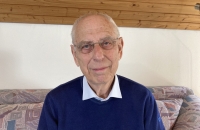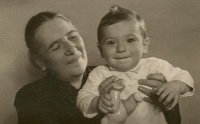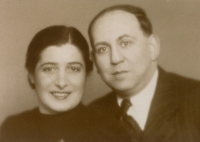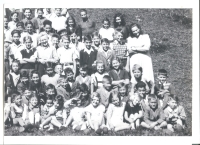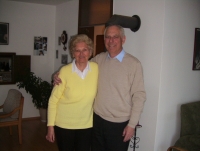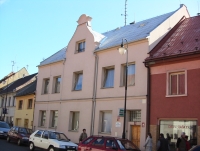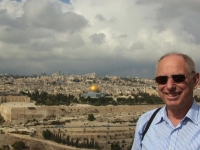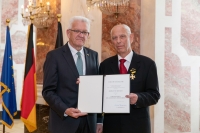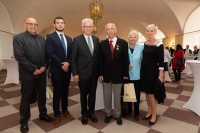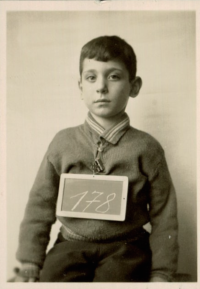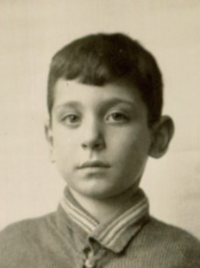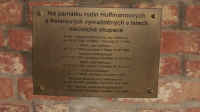After his whole family was murdered, he was left on his own at age four in the Terezín ghetto
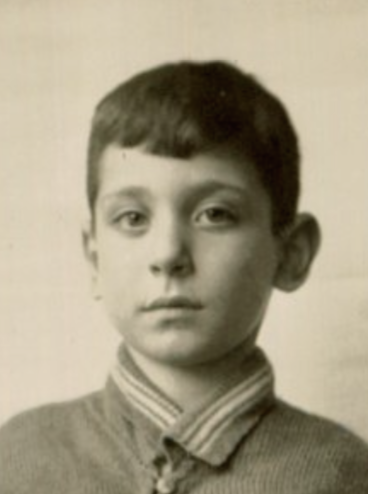
Stáhnout obrázek
Pavel Hoffmann was born on the 20th of March in 1939 in Prague as an only child of a Jewish family. In June of 1942, several days after the assasination of the Acting Reich-Protector, Reinhard Heydrich, Pavel’s father, Jan Hoffmann, was executed by the Gestapo at the execution grounds in Kobylisy. Three months later, Jan’s parents were deported to the Terezín ghetto and later to Auschwitz where they perished. In July 1943, Pavel and his mother Alžběta were deported to Terezín as well; his mother died three weeks later. Pavel remained there as an orphan for nearly two more years. In February 1945, Pavel was taken into a humanitary convoy which took the Terezín prisoners to the town of St. Gallen in Switzerland. He returned to Czechoslovakia in the same year. At first, he was cared for by an uncle from his mother’s side, later, he moved to his aunt to Eastern Slovakia where he lived until he was seventeen. After having graduated from secondary school in 1956, he left for Prague to study at the Czech Technical University. In 1968, after second exchange stay, he got a job in West Germany where he moved with his family shortly before the August 1968 occcupation. In the 1990’s, he started his own business. He still lives (as of April 2021) with his family in Reutlingen in Germany.
